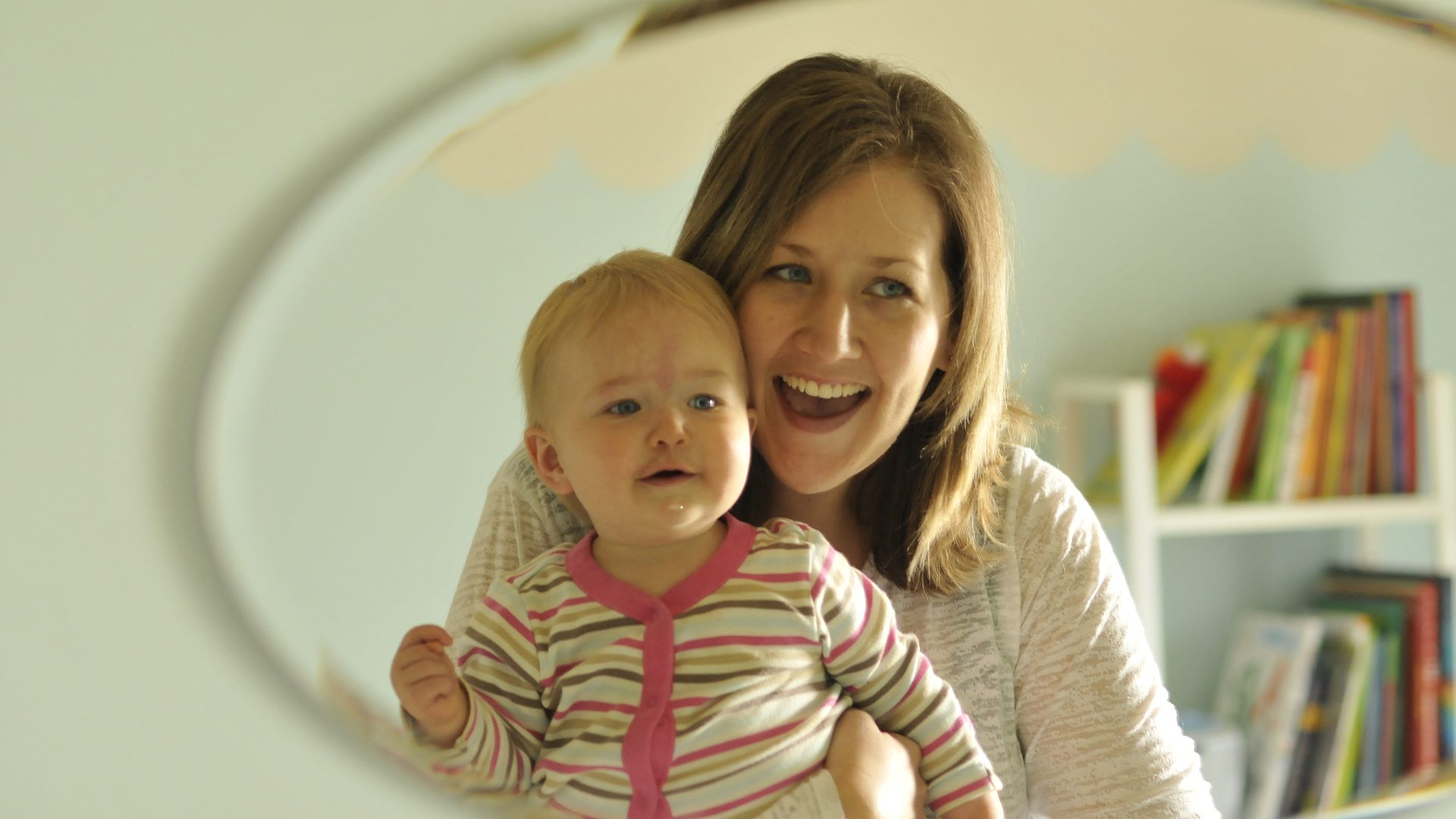Cancer and Fertility Risks for Women
Some women find that cancer treatment affects or damages their fertility. For some of these women, once treatment ends, natural conception and childbearing are no longer options. It is important to ask your oncologist about possible risks your treatment could have on your future fertility so that you can take steps to preserve your fertility if you choose to do so.

When experiencing infertility, a woman cannot get pregnant or maintain a pregnancy after a year of trying. There are many different causes of infertility for cancer patients. Discuss your risks with your health care provider before treatment begins or as soon as possible if you have already started treatment. You can also learn information about fertility preservation in our Fertility Preservation Options for Women article. We recommend setting up an appointment with your gynecologist or another member of your health care team to discuss your fertility concerns or questions and asking for a referral to a fertility clinic or specialist for expert help.
Questions to ask your health care team:
- Will my cancer treatments affect my fertility?
- Are there alternative ways to treat my cancer without compromising my fertility?
- What are my fertility preservation options?
- How much time do I have to preserve my fertility before I need to start my cancer treatments?
- Is my cancer estrogen sensitive? If so, how does that affect my reproductive options—now and later?
- How will I know if I am fertile after treatment? Are there tests that I can take?
- Are premature ovarian failure or hormone deficiencies possible side effects of my treatment? If so, how do I treat them?
- After my treatments are over, how long will it take for my periods to begin again? If I am not having periods, should I still use contraceptives?
- If I do not preserve my fertility, what are my parenthood options after treatment?
- Is pregnancy safe for me after treatment? If so, how long should I wait after treatment to become pregnant?
- What are the risks to my children based on my cancer and the treatment I receive?
- Can you refer me to a reproductive endocrinologist?
The risk of infertility from cancer treatment depends on many things, like your cancer type, age and pre-treatment fertility status. Treatment specifics such as duration and dose of chemotherapy or radiation and location and scope of surgery or radiation also impact fertility. Specifically, treatment can cause the following:
- The ovaries no longer contain a supply of healthy eggs
- Damage to the reproductive system prevents a fertilized egg from successfully implanting and growing in the uterus
- Damage to the reproductive system prevents you from being able to carry a pregnancy
The possibility of infertility can affect you emotionally, leaving you sad or upset. However, it’s important to get help with fertility preservation as soon as possible. Your health care team can refer you to a licensed counselor who can help you through the emotional experience. You may also want to contact Livestrong to get one-on-one emotional support, connections to support groups and connections to other survivors who have had a similar diagnosis.
Symptoms of Infertility
Effects to your fertility may not be obvious right away. The following are some symptoms that may indicate infertility but could be symptoms of other medical conditions as well.
Talk to your doctor if:
- Your menstrual cycles are not regular.
- You are having hot flashes.
- It hurts when you have sex.
- You have been trying but have not been able to get pregnant.
- You have had several miscarriages.
Menstrual Cycle: Female cancer survivors who reached puberty before starting treatment often stop menstruating during treatment. This isn’t necessarily a sign of infertility. A woman’s period should return within six months of completing treatment. If it hasn’t returned within a year, there may be concerns about infertility. Keep your doctor informed about your menstrual cycle. It’s important to find out if there is a physical problem that needs treatment.
Menopause: Your health care team may want to run tests to find out if you are experiencing premature or immediate menopause. Infertility can happen after menopause or in the few years preceding it because there are no eggs left or the remaining few eggs are not healthy. The Follicle Stimulating Hormone (FSH) measurement test determines if a woman is in menopause. If FSH levels are high, there may be a need to use donor eggs to get pregnant.
Damage to ovaries: Your health care team may check your reproductive organs to determine whether there is damage that might cause infertility. Damage to ovaries can happen with pelvic or abdominal surgery for cancer.
Some survivors still have healthy eggs and can easily get pregnant after treatment but may have problems carrying the baby or have other health problems (caused by treatment side effects or not) that may make a pregnancy high-risk. These risks should be discussed with your health care provider.
Fertility Preservation Options Pre-Treatment
In order to access the full range of preservation options, talk to your health care provider about your options as soon as possible. You can learn more about preservation options in our Fertility Preservation Options for Women article.
Family Building Options After Treatment
If you’ve already finished cancer treatment and are thinking about fertility for the first time, set up an appointment with your health care team. Discuss your past cancer treatment and any possible effects on your fertility. If you are at risk of being infertile, your oncologist can refer you to a good fertility specialist for help.
Learn more about family building options after treatment in our Parenthood Options for Women article.

